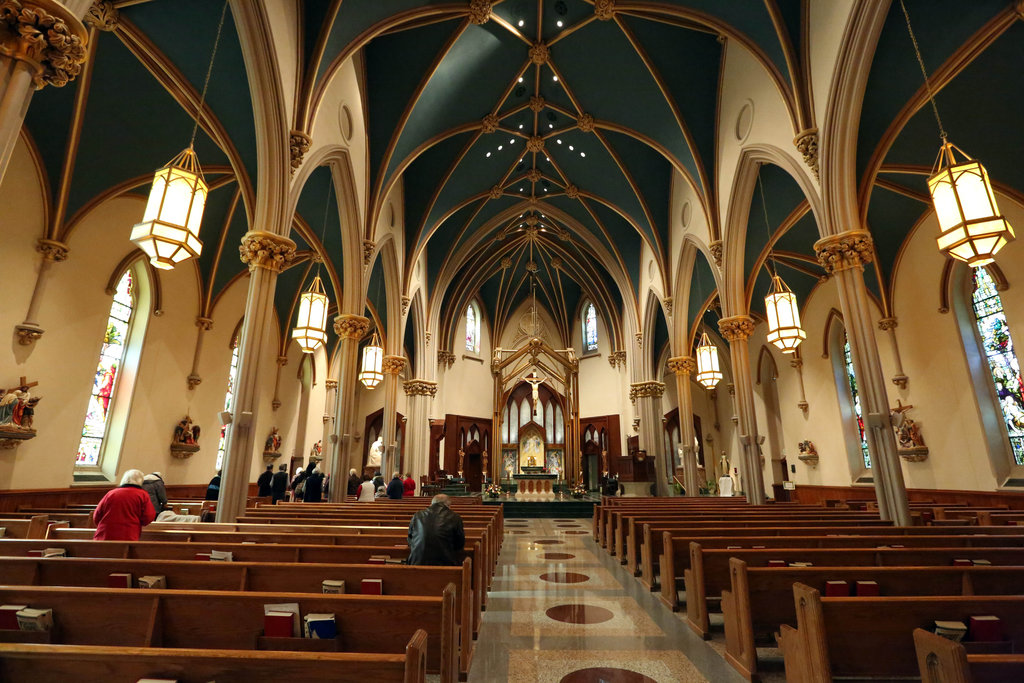There’s a lot of talk of bishops being the “spiritual fathers” to their priests. I like that idea a lot, but let’s see if it’s true.
In 1997 in Connecticut, there was a priestly scandal in Bridgeport that was brought to light several years before the “summer of shame” in the nearly-neighboring Archdiocese of Boston. The Hartfort Courant ran the story of an accused priest titled The Priest as Independent Contractor and I’ll include the first 135 words here:
More should be expected from a man of the cloth than Bridgeport Roman Catholic Bishop Edward M. Egan delivered earlier this month at a federal trial in New Haven. Bishop Egan testified that his diocese cannot be held liable for the misconduct of a priest because priests are “self-employed.” They work in parishes that are corporations and are paid by them, not the diocese, he explained. In his lawsuit, Frank Martinelli says that when he was an altar boy at St. Cecilia’s parish in 1962 and 1963, he was sexually abused by the Rev. Laurence Brett. Mr. Martinelli contends that the diocese should be held liable for the Rev. Brett’s sexual misconduct. After the diocese received two other complaints of sexual misconduct against him in 1964, it sent the Rev. Brett to a psychiatric facility.
The two words I want to hone-in on in the above quote is: “self-employed.” According to the above lawsuit, the late Bp. Egan (bishop of Bridgeport, CT from 1988-2000) apparently shirked the responsibility of answering for a criminal priest under his leadership by claiming all of his priests were “self-employed.” Now, someone working for the Church today might defend the above answer by saying: “That’s just what the bishop was advised by his lawyers to say in order to stave off an even bigger lawsuit.” The first problem with this answer is that it is astonishingly calloused to the hundreds of lives and souls destroyed by every single act of a priest molesting a child.
The second problem we have to consider is: Is the bishop truly a spiritual father to the priest or just the CEO over a chancery where random priests are “self-employed” in satellite units to the diocese? Are priests just “self-employed” contract-workers that bishops hope will do as little damage as possible before retirement? This story is more than just digging up an old article to find a “Code Red” admission (à la the movie A Few Good Men) against the bishops. It might reveal a legal and business model that has bled into the spiritual life, namely, that priests “work in parishes that are corporations and are paid by them, not the diocese.”
Could this also be true in the spiritual life?
Traditionally, a bishop’s number one concern was the salvation and education of his priests. I hope a few US Catholic bishops read the above Hartford Courant article and prove it wrong by becoming spiritual fathers to their spiritual sons—their priests. And if they can’t, the least they can do as a hefty CEO for a giant company is to become more careful who they let into their contract-worker training-centers (aka seminaries.)
